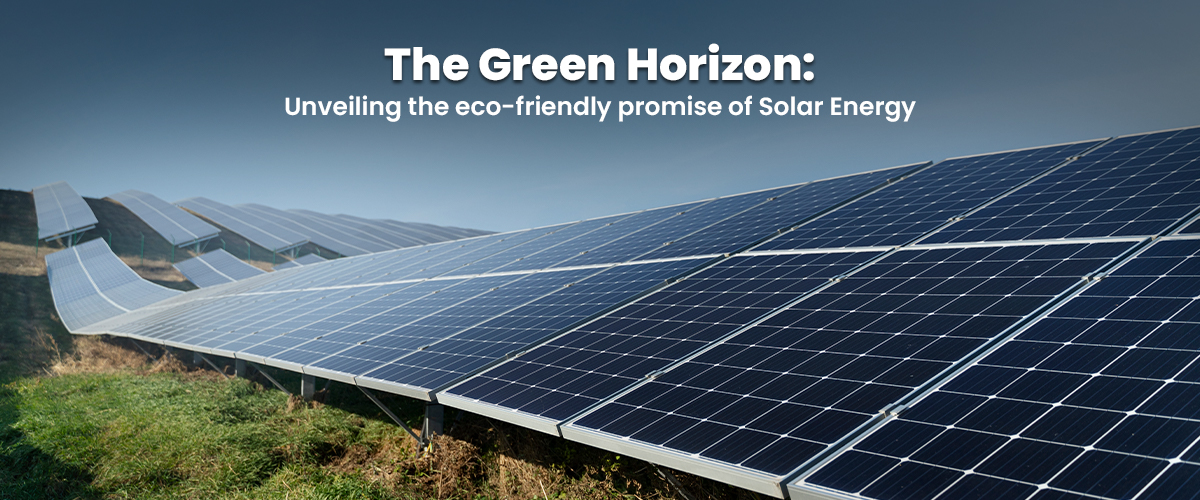The move to sustainable energy has made solar power vital in fighting climate change. Solar panels may offer a greener future. But, they have a poor environmental impact and practical issues. It examined the sustainability of solar power. It noted advances by companies like Arise Solar. in responsibly advancing solar technology.
Solar panels harness renewable energy from the sun's natural power.
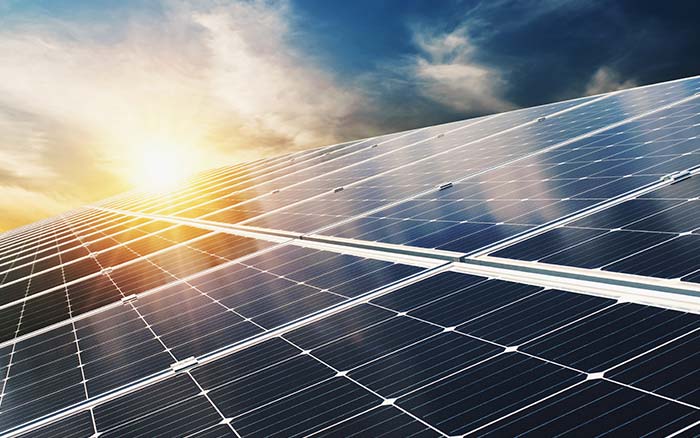
Sun energy, derived from its endless supply, is leading the way in renewable energy. Solar panels extract energy from sunlight. This is true for those installed by skilled Delaware solar installers. Energy Information Administration data show solar panels cut greenhouse gas emissions. We must assess the environmental impact of solar panels from production to disposal.
What is the carbon footprint of solar panels?
Manufacturing Solar Panels for Solar.
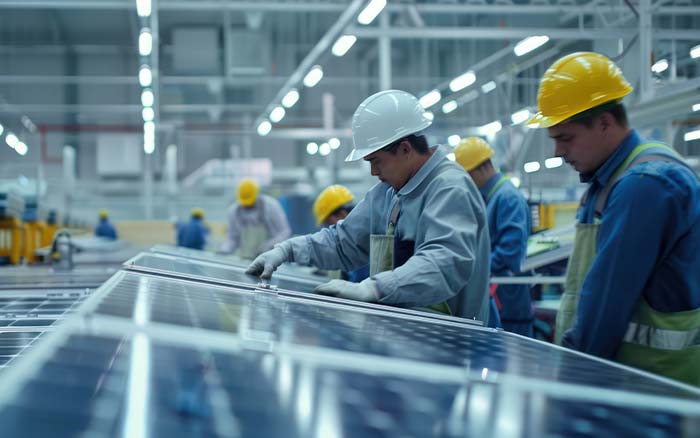
Solar panels produce zero emissions, greenhouse gases, or fossil fuels. Yet, creating the solar panels requires some energy. Luckily, power of solar panels is far greater than the energy it takes to make them.
The solar industry seeks innovative answers to counteract power disparities. An Energy Payback Time (EPBT) measures how long a solar panel takes to generate equal energy.
The U.S. Department of Energy says multi-crystalline silicon solar panels recover their energy cost in four years. This Energy Payback Time (EPBT) shows a quick return on the green investment in these renewable power systems. A solar panel lasts 20 to 30 years. It can produce four to five times its energy use. Furthermore, each year introduces new technologies to further reduce EPBT. The industry wants to shorten this period to boost solar energy's benefits.
Compare it to the process of coal.
Coal generates all its electricity through steam. So it requires plenty of water to produce electricity. Three options for cooling coal plants are dry cooling and wet recirculation.
Coal plants in the U.S. use once-through or wet-recirculating cooling systems.
- Creating 1 MWh of electric power from coal requires 20,000 to 50,000 gallons of water.
- Recirculation produces a million MWh of electricity, using 980 to 2,300 gallons of water. The U.S. Department of Energy says this is 70 to 260 million gallons. This is the daily water used for coal mining (to wash and cool drilling equipment).
That's a lot of water, even if we say so ourselves.
Do solar farms impact wildlife?
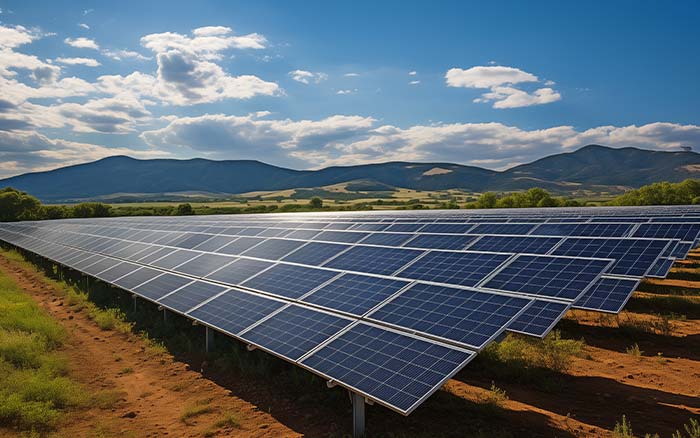
The negative impact of solar farms on wildlife and plant life is a significant concern. Solar industries, including Arise Solar, are enhancing their practices to address this. Arise Solar conducts thorough wildlife surveys before initiating projects to ensure animal safety. Their team tracks and guards wildlife habitats throughout the project timeline.
Solar panels are vital for sustainable energy. They displace local fauna, but it's only temporary. They amplify power generation and slash greenhouse gas releases. CO2 pollution from fossil fuels has harmed hundreds of species. For global sustainability, solar farms are vital. They may harm local wildlife, but that is a trade-off.
Environmental Challenges and Environmental Considerations
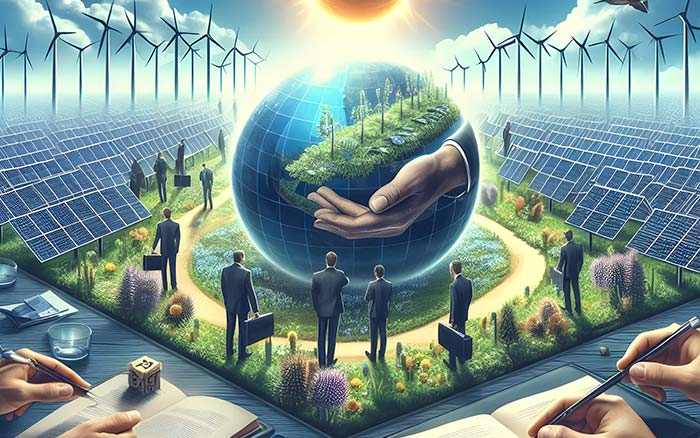
Although they have many benefits, solar panels aren't free of environmental burdens. The manufacturing process and rare components can waste energy. Furthermore, improper handling of solar panels can result in hazardous waste. Recycling technology and stricter regulations are reducing the adverse effects. Arise Solar is a solar provider. They are working to make their panels both energy-efficient and sustainable.
Debunking Myths About Environmental and Health Concerns

Concerns surround solar panel production and waste management processes. Solar panels contain materials that need an energy-intensive process for extraction and processing. Creative recycling approaches and strict laws produce environmentally responsible manufacturing practices. Studies prove solar panels do not emit harmful pollutants. So, we address health concerns. The most health risks come from making and disposing of solar panels. More efficient industrial practices are addressing these.
Health Concerns and Solutions

One aspect of concern is the health risks of solar panels. Solar panels contain toxic lead and cadmium, which are hazardous if mishandled. Our safety standards protect workers and local communities from health hazards during installation.
Local Impact and Solutions in Delaware
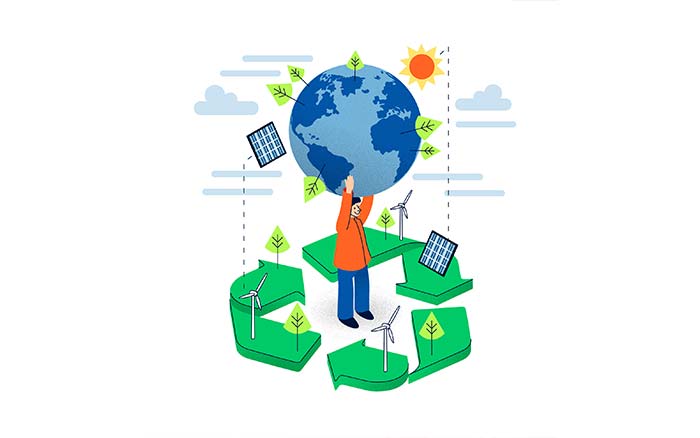
Arise Solar offers tailored solutions to address issues like solar efficiency and maintenance. They educate customers about their solar systems. They also provide ongoing support to enhance their investment in Delaware.
Comprehensive Services by Arise Solar
Arise Solar provides more than solar panels. They offer a full range of services to ease a seamless transition to solar power. Our team handles everything from site assessments to post-installation support. Also helping customers navigate paperwork, grid connections, and local regulations.
Conclusion
As solar tech evolves, firms like Arise Solar are vital. They foster environmentally responsible habits and interact with local residents. They tackle challenges tied to solar power, refining tech and methods. Arise Solar shows Delaware and beyond how solar power can reduce carbon footprints and energy costs. This commitment paves the way for a cleaner, more sustainable future.
